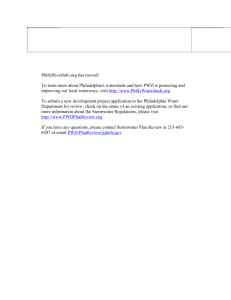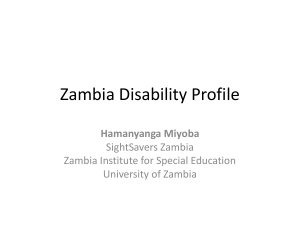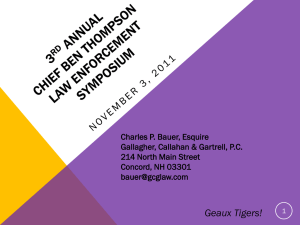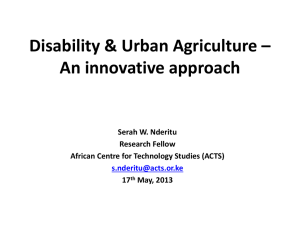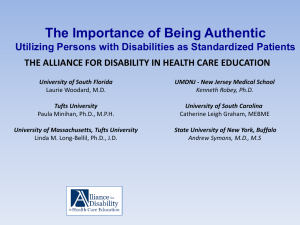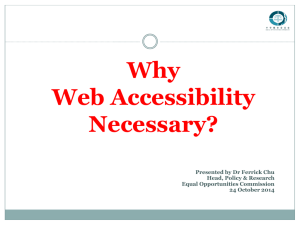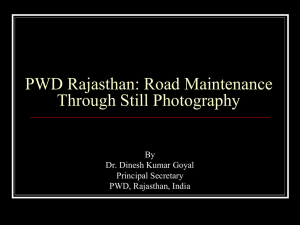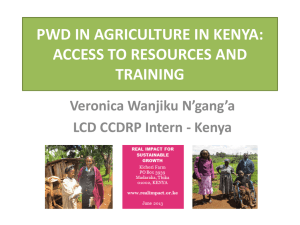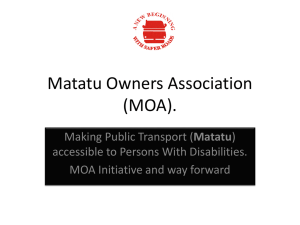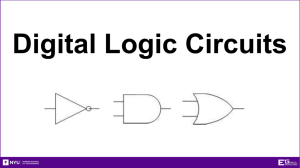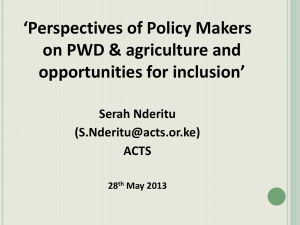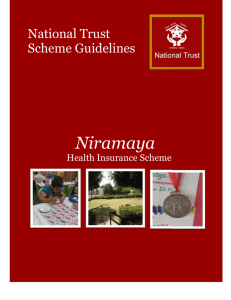questionnaire
advertisement
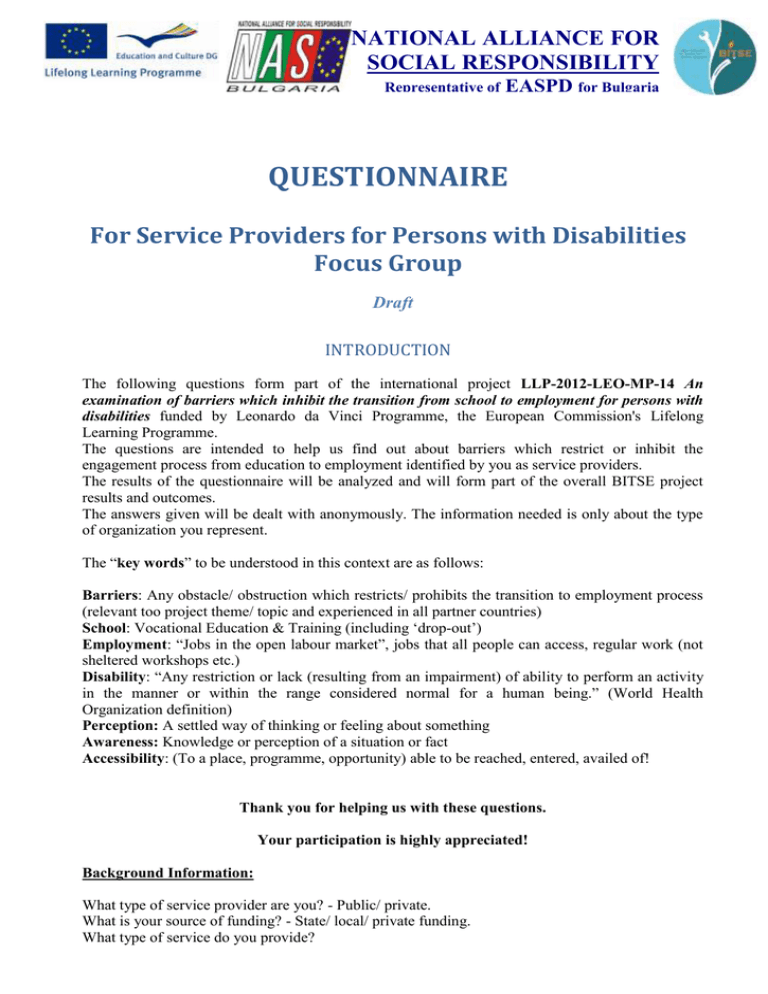
NATIONAL ALLIANCE FOR SOCIAL RESPONSIBILITY Representative of EASPD for Bulgaria QUESTIONNAIRE For Service Providers for Persons with Disabilities Focus Group Draft INTRODUCTION The following questions form part of the international project LLP-2012-LEO-MP-14 An examination of barriers which inhibit the transition from school to employment for persons with disabilities funded by Leonardo da Vinci Programme, the European Commission's Lifelong Learning Programme. The questions are intended to help us find out about barriers which restrict or inhibit the engagement process from education to employment identified by you as service providers. The results of the questionnaire will be analyzed and will form part of the overall BITSE project results and outcomes. The answers given will be dealt with anonymously. The information needed is only about the type of organization you represent. The “key words” to be understood in this context are as follows: Barriers: Any obstacle/ obstruction which restricts/ prohibits the transition to employment process (relevant too project theme/ topic and experienced in all partner countries) School: Vocational Education & Training (including ‘drop-out’) Employment: “Jobs in the open labour market”, jobs that all people can access, regular work (not sheltered workshops etc.) Disability: “Any restriction or lack (resulting from an impairment) of ability to perform an activity in the manner or within the range considered normal for a human being.” (World Health Organization definition) Perception: A settled way of thinking or feeling about something Awareness: Knowledge or perception of a situation or fact Accessibility: (To a place, programme, opportunity) able to be reached, entered, availed of! Thank you for helping us with these questions. Your participation is highly appreciated! Background Information: What type of service provider are you? - Public/ private. What is your source of funding? - State/ local/ private funding. What type of service do you provide? NATIONAL ALLIANCE FOR SOCIAL RESPONSIBILITY Representative of EASPD for Bulgaria Attitude/ perception/ awareness What people think/ know; how they are informed about disability 1. What in your opinion are the existing barriers related to public attitudes that PwD experience in their transition from education/ school to employment? 2. What kind of barriers related to the use of providers’ services do PwD encounter in their transition from education/ school to employment and what are the attitudes of their families, society, potential employers to this? 3. What is needed to achieve appropriate attitudes to providing employment as well as support through service providers? Structural/ administrative barriers Including policy making, legislation, entitlements 1. What kind of disability barriers do the Bulgarian policies and practices create? 2. Are there adequate legal and administrative solutions to support disability employment? 3. What is the role of service providers in facilitating the transition process from education to employment? 4. What is needed to ensure that service providers offer adequate services for supporting the process of training and education of PwD? Environmental/ physical barriers / accessibility Access/ egress to school/ training/ employment/ transport 1. Which of the physical environmental barriers inhibit the successful transition of PwD? 2. Are there adequate services for adapting working environment according to the needs of PwD? 3. What are the environmental barriers which the service providers encounter implementing the activities in support of PwD? 4. What is the main thing that should be done to overcome the barriers? Education/ training/ including informal learning Regular vocational education & training, including informal learning: advertisements/ media/ other 1. What are the main problems in the sector of education and training limiting the transition to employment? NATIONAL ALLIANCE FOR SOCIAL RESPONSIBILITY Representative of EASPD for Bulgaria 2. What are the barriers to inclusion of PwD in the services for support of their training and education? 3. Are there sufficient opportunities for inclusion of PwD in specialized/ vocational/ informal training courses? 4. What is needed to achieve more active involvement of PwD in learning processes? Resources/ opportunities Access to funding/ work experience/ information 1. How do you evaluate the opportunities available to PwD of supporting their training and work experience? 2. What resources and opportunities are needed to support the transition from education to employment? 3. What barriers prevent the inclusion of PwD in internship programs? 4. What is needed to provide adequate financial support by the government and institutions for PwD during the transition process from school/ training to employment? Accessibility In general/ equality 1. Do PwD have an opportunity to choose social services tailored to them? 2. What barriers do PwD face to use social services? 3. What services are needed to support PwD to ensure their equality? State of economy Austerity measures/ cutbacks in funding / services/ losing a job or lack of work 1. What solutions would provide affordable financing sources for service providers so that they could offer appropriate social services supporting the transition process from school/ training to employment? 2. What new barriers does the financial and economic crisis cause to the transition from school/ training to employment? 3. What incentives are needed for PwD, service providers and employers to ensure an effective transition from education to employment? 4. Are working conditions, job positions and salaries adequate to PwD? NATIONAL ALLIANCE FOR SOCIAL RESPONSIBILITY Representative of EASPD for Bulgaria
